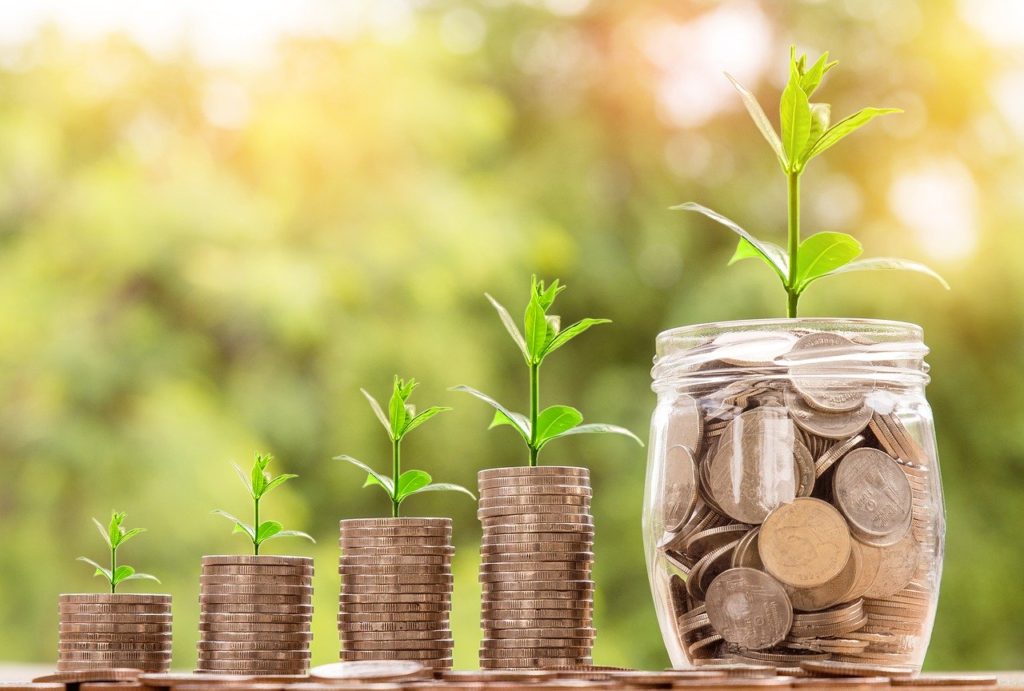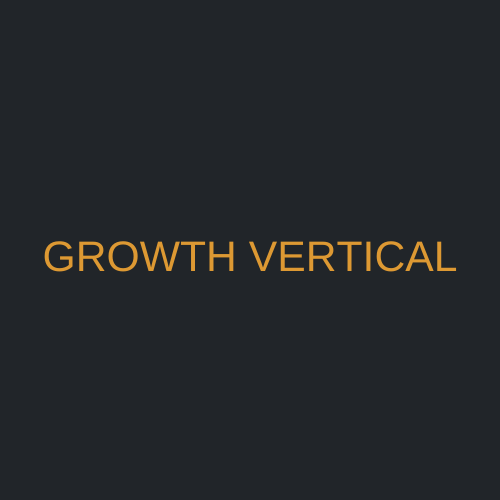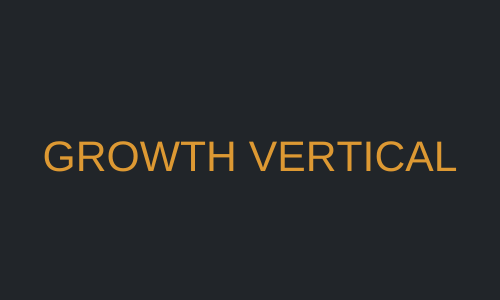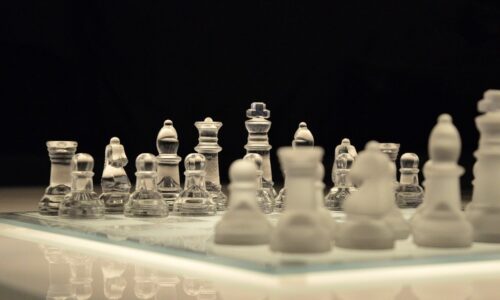
r
eflection is a super important skill when you want to make a change in certain areas, whether it’s in your business, your personal brand, or within yourself.
Have you ever reflected on an experience or moment and learned something, have come to a realisation, or had a lightbulb moment?
Reflection is the most important part of the learning process.
I know I have. Most people go through their daily lives not knowing they are doing it, and so many want things to happen better the next time around without the added effort, at a click of a finger.
That’s not entirely how things work…especially since you experience something new every day. You experience more as you live, that’s how you grow as a person.
We’ll talk about why reflection is important when marketing your personal brand or business.
*By the way, if you keep reading till the end of the post, I’ll tell you just how you can add self-reflection into your daily routine to improve your learning and growth process.*
What is reflection?
Firstly, here’s a quick quote directly from the UCL Website:
“Reflection means analysing your own experiences to improve the way you learn or work. It’s a valuable skill that can help learners and professionals gain experience, confidence and self-awareness.”
Each and every one of us goes through particular experiences and moments in our day-to-day lives.
We must extract the most useful information from each and every one of those moments and experiences. This is so we can review our actions and decisions that brought about that result. We can learn from it and ultimately achieve high growth this way no matter the area you’re focusing on.
So there are 4 benefits of utilising reflection as a skill, here they are:
- Transform your experience into genuine learning about your values and goals.
- Understand your beliefs and actions at the time and be critical of what you’ve done.
This allows you to step into the shoes of what you were doing back then and learn from it.
- If something went wrong, if it failed, it gives you a chance to look back and understand why it went wrong.
You get the opportunity to relive that experience, and immerse yourself back into that situation to understand your actions and decisions.
- You can use it as a way to problem solve similar issues you are facing currently or ones you expect to arise going forward.
You can hack your way through those problems comfortably and be an effective and efficient problem solver.
We won’t repeat those same mistakes this way, saving us a lot of time, and let’s face it – we’d all love if we saved more of our own time right 🙂

So…here are two examples where I used reflection in the past:
Examples 1 – my career:
So before I was a tech consultant and now I’m a digital marketer.
Reflection really helped me understand what I enjoyed in the past. Sometimes without reflection, if you carry on casually and ask yourself for example what you enjoy, you beat yourself up about it because your result would be thinking to yourself “hey well I don’t actually know what I enjoy yet, I can’t think of anything”.
Instead, if you think back to anything that’s already occurred and you reflected on those things, you may come across a certain feeling or strong thought that you should start concentrating your efforts on.
This process helped me. I had that more emotional response in the sense I reflected on a feeling I got.
It turned out that I enjoyed marketing and it enabled me to focus and make my shift over from being in IT and move over to digital marketing.
Example 2 – marketing project:
You don’t have to use reflection and concentrate on experiences far back in the past. You can use reflection to re-evaluate your most recent moments, for example, think about everything you’ve done yesterday, can you learn anything from the day?
You can take the fundamental learnings from any experience and apply it to anything you’re doing today or tomorrow.
So at the moment, I’m tasked with generating leads for a business. I’m running a paid campaign, specifically paid social using LinkedIn Ads. What’s important is that I need to ensure that the ROI yielded from this test is greater than the last.
I had to go over all the previous data I had recorded purposefully to analyse and understand whether my particular audience targeting approach I had taken the last time around was useful or not.
This time, I realised that I had to update my audience targeting which has seen me already positively driving results for the business.
It’s helped me avoid falling into the same trap and making the same mistake, which shows I’ve grown compared to the last time and I can optimise campaigns sooner for better results.
So how can you find ways of reflecting or get better at self-reflection?
Here are 4 ways you can add and improve your use of reflection:

- Find a medium of reflection for you.
You can maybe vlog, blog, or just adopt self-reflection practices within your journal to keep a record of things you’d like to come back to.
I’d recommend journaling as it’s definitely something more personal and there’s just something about writing your thoughts on paper that help.
- Reflect on small things first and then move onto reflecting on larger experiences that brought on a stronger physical, emotional, or motivational response.
For example, if you’re looking to grow your business and you’re weighing out two completely different digital marketing strategies, you may have blindly picked the incorrect strategy that isn’t suited to your business, without doing any research.
Your fix here through self-reflection would result in understanding that you should carry out due diligence, researching between the two marketing strategies, or perhaps get in touch with a digital marketing consultant like myself to help you find the strategy rightly suited to drive growth for your business and niche.
Reflecting on larger things could include something as serious as incurring a loss in your business or taking the wrong action within a personal situation, evoking a greater emotional or mental response.
- Schedule in a particular time suitable for you.
If you don’t want to practice reflection regularly then you can slowly try and ramp up the number of times you reflect e.g. from monthly reflection to weekly to daily.
- You want to make sure you do it!
You want to try and commit to it.
When you’ve ramped up to daily reflection you’ll soon realise that you’d find yourself reflecting regularly as second nature – within your day.
I’ve noticed that happen with me where I’d naturally reflect for around 15 seconds after a moment and would have known exactly how to deal with the situation going forward.
In these moments, those 15 seconds turn out to be very useful because if it were to occur in the day, you’d be mentally prepared for it, you’d know exactly how to deal with the situation and what you’d do differently.
This is what makes you a better person at the end of the day and that’s how you can achieve high-growth.
*By the way if you’d like to know about my reflection routine and how I do things, consider connecting with me on LinkedIn or Instagram and I’ll send you my routine directly to you*.

- Talk to people about experiences.
Work with your marketing team, speak to consultants, to your colleagues, or even business associates.
Try to reflect on them and find numerous ways of breaking down a recent marketing strategy or tactic.
Let’s say you’ve implemented a social media strategy and your executing tactics on specific social media channels. You may understand that you need to run your tests longer or change your tactic on the social platform, or that you need to use a different social media platform altogether because you’ve not understood the psychology of the platform and demographic.
Working and sharing ideas with the team, you’ll not only create a mastermind group but new ideas can manifest themselves within that group.
Conclusion
Marketing is a field where you have to continuously implement new marketing strategies and tactics.
In a data-driven world, you should be testing every strategy, tactic and campaign you’re running. Look at the data, analyse it against the key metrics – not vanity metrics, for example, conversion rates as opposed to likes, comments and shares, because they don’t have a direct impact on the ROI.
This is why reflection is important in marketing. It comes within the lifecycle of digital marketing planning, implementation, tweaking your plan, and then re-implementing.
Reflection is a continuous practice and needs to become a habit. It helps you grow.
How do you use reflection within your daily routine? Comment below and share what’s worked for you. If you feel I’ve missed something. and want something added, do let me know what it is – I’d love to know 🙂



